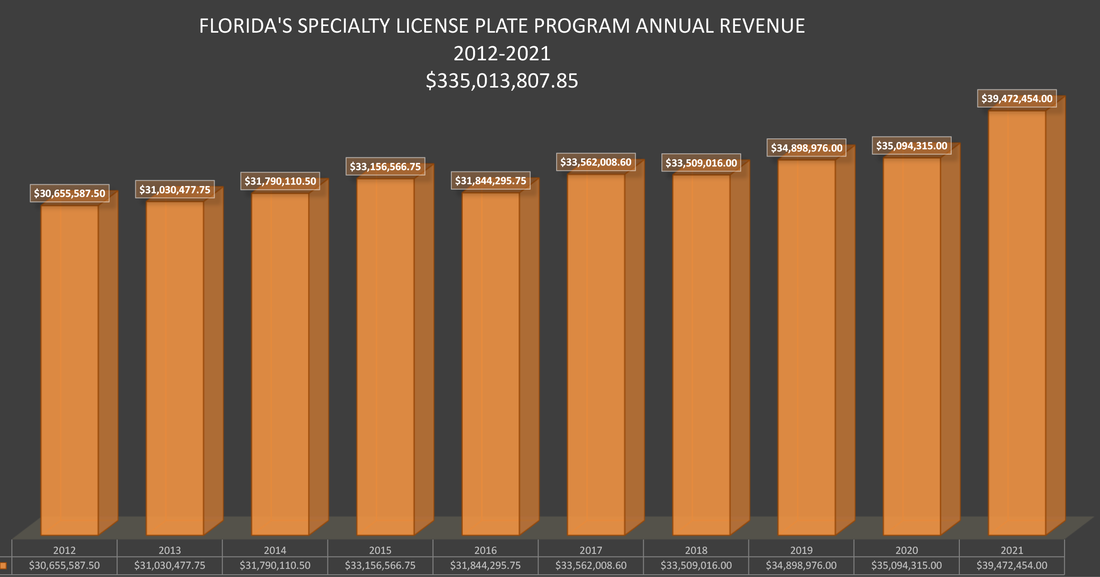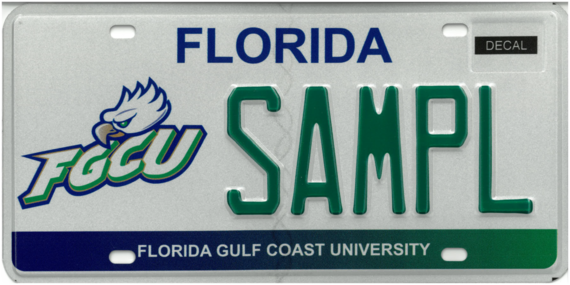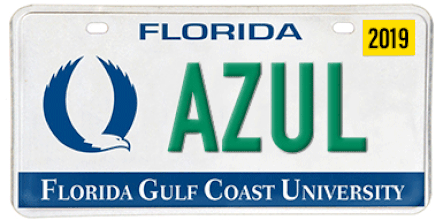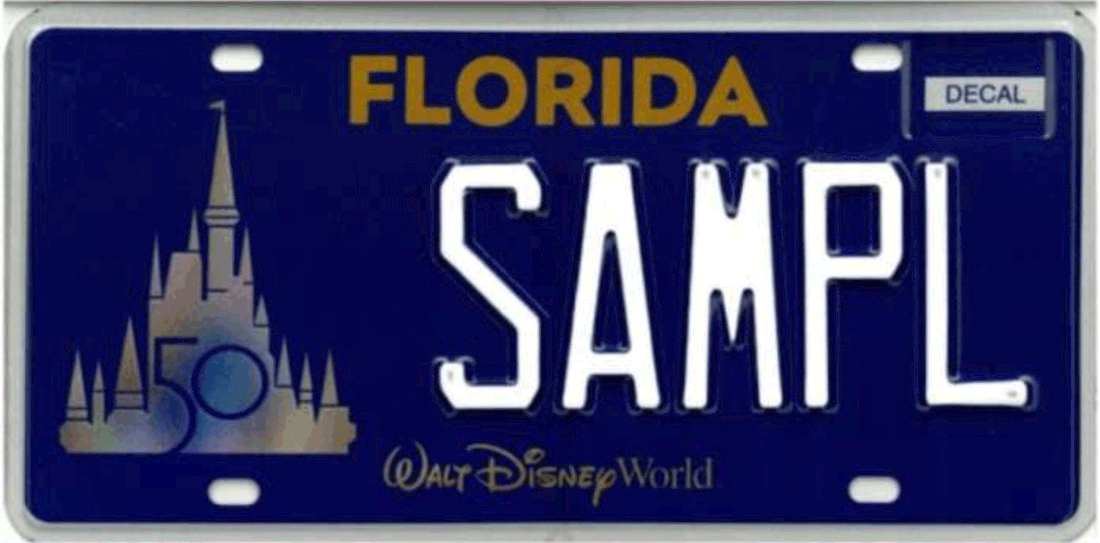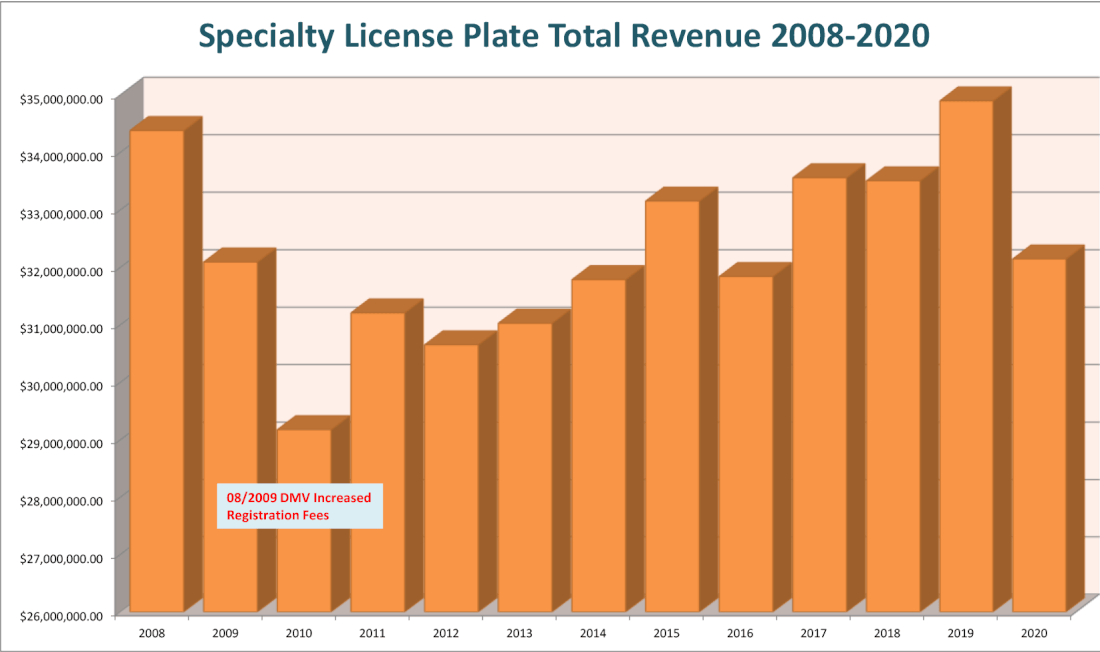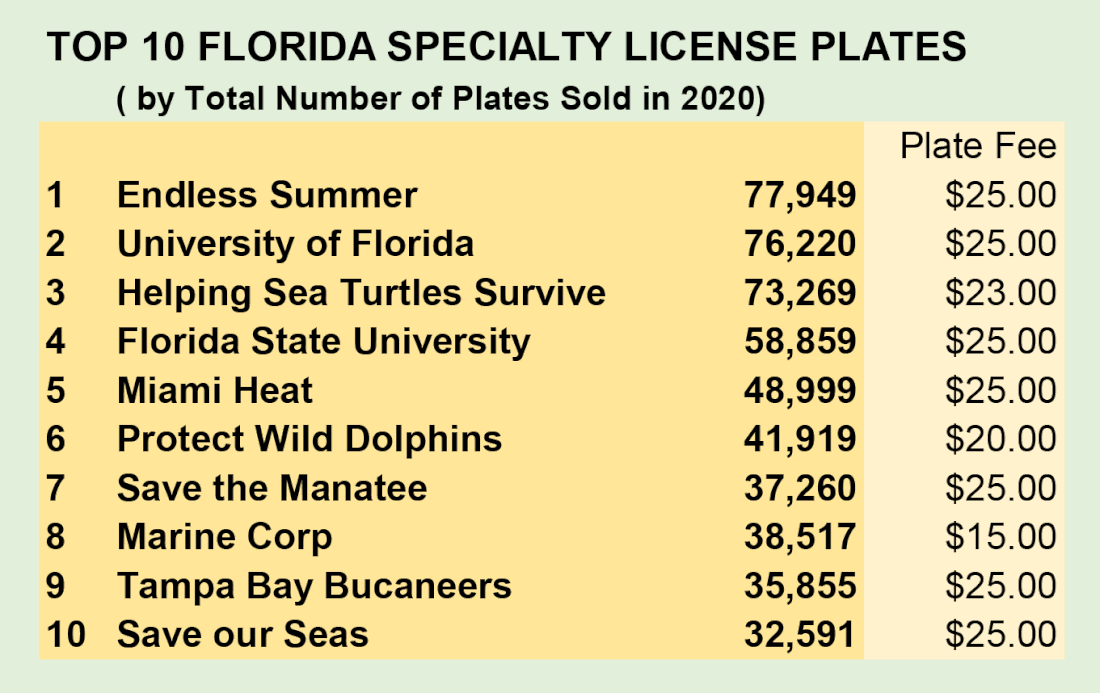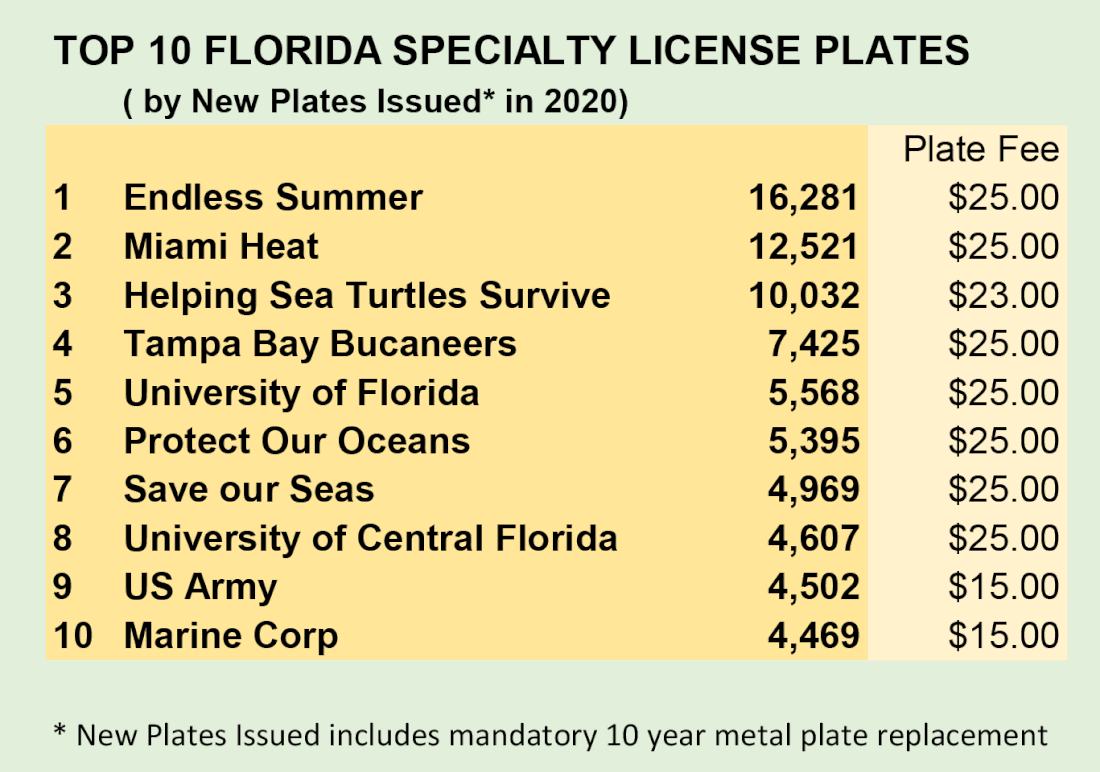|
The Dubai government has chosen a guerrilla marketing strategy to communicate awareness around the threat posed by world hunger to domestic audiences. The media and marketing arm of the Emirate of Dubai has teamed up with Publicis Groupe and Saatchi & Saatchi UAE to unleash a fleet of vehicles bearing empty license plates across the city to communicate the plight of an estimated 800 million people who suffer from hunger.  Coinciding with fasting during the month of Ramadan, the unheralded move provoked consternation among the public as they attempted to solve the mystery of whether they were seeing intelligence services at work or stolen vehicles. The stunt was raising awareness of literal empty plates, which cause millions to go hungry – an issue that has sparked the 1bn meals initiative by Mohammed bin Rashid Al Maktoum to ensure no one in the Middle East, Africa and South Asia need go hungry. To further this cause affluent Emiratis will be invited to bid for unique number plates, with the proceeds raised paying for meals to be given to the neediest including refugees, displaced people and anyone affected by a humanitarian or natural disaster.
0 Comments
According to the latest statistics released by the Florida Department of Highway Safety and Motor Vehicles, 1,816,588 specialty license plates were sold in 2021 and a total of $39,472,454.00 was raised, the highest amount in the history of the program.
Prior to 2009, specialty license plate sales increased every year, despite the economic recession. On October 1, 2009, the Florida State Legislature significantly increased vehicle registration fees, particularly with respect to purchasing specialty license plates. In 2009, annual sales of Florida Specialty License Plates amounted to 1,623,486. After 2009, there was a 19.78% decline in Specialty Plate sales, reflecting approximately $7 million lost in annual revenue. In September, 2013, the Florida Legislature reduced some fees associated with vehicle registrations, however, did not address the significant increase in the cost to purchase a new specialty license plate that was imposed in 2009. Despite the increase in fees, specialty plates have now surpassed thospre-2009 numbers, although the number of Florida residents - and Florida registered vehicles - has also significantly increased.  James Bond had a license to kill, but apparently he also wanted his very own license plate. Pierce Brosnan is well-known for his portrayal of James Bond in four films between 1995 and 2002, but most fans are less aware that he once designed a license plate for the state of California. In 2010, Brosnan and his wife Keely were among several people who co-founded the California Spay and Neuter License Plate Fund, with the goal of raising money to sponsor low- or no-cost procedures for pets from low-income families. A few years later, the fund worked with the California Department of Motor Vehicles to offer motorists the opportunity to purchase a special “Pet Lovers” license plate, with funds going toward the cause. While the majority of the plate’s color scheme is based on the standard California design, it also features the image of a purple dog and a cat in sunglasses — which is original artwork by Pierce Brosnan, depicting his adopted dog Shilo and his adopted cat Angel Baby. The fees collected from ordering the Pet Lover’s license plate are still awarded annually to facilities all over California. The money is first sent to the California Department of Food and Agriculture, to be then awarded on a grant basis to animal control units or nonprofit shelters that offer spay and neutering services. In 2021, for instance, the program awarded $330,000 across eight projects to help stop pet overpopulation. This year, there is up to $488,000 available in funding. The pet lover’s license plate can still be requested at California DMV locations and ordered online
A new design for the Florida Gulf Coast University specialty license plate is now available for purchase.
As of September 1, 2021, there were 1,673 valid registrations of the Florida Gulf Coast University specialty license plate. The Florida Gulf Coast University specialty license plate was enacted by the Florida Legislature in 1996. This is the first redesign of the plate. The Green & Blue tag doesn’t only signal your support for the university — it also helps ensure life-changing opportunities for generations of Eagles by funding scholarships. According to FGCU, FGCU is the only school in the Florida State University System where 100% of the proceeds of plate sales go to scholarships. Purchasing for the first time or switching your existing tag with ours? The specialty plate can be purchased any time of year regardless of your tag renewal month. Order here. The Florida Department of Highway Safety and Motor Vehicles (FLHSMV) announced a new Walt Disney World specialty license plate is now available at tax collector offices and license plate agencies statewide. Plates are being delivered by PRIDE this week. Floridians who purchased presale vouchers for the specialty plate are now also able to redeem them, and those who wish to purchase the new specialty plate may do so now. 32 new specialty license plates were authorized during the 2020 Legislative Session, and the presale process began in October 2020. The Walt Disney World specialty plate is the third plate from the 2020 Legislative Session to have their newly authorized specialty plate meet all design, development, manufacturing, and presale requirements established to begin the distribution process.
7 more proposed specialty plates will be added to the list of Presale Vouchers on October 1, 2021 including a new plate for Protect Marine Wildlife. More than 10,000 presale vouchers have been purchased by Floridians for the Walt Disney World specialty license plate and it is expected to do very well. Endless Summer is the current top selling specialty license plate. The revenue collected annually from the sale of the Walt Disney World specialty license plate will be distributed to the Make-A-Wish Foundation of Central and Northern Florida, a Florida nonprofit, for activities and programs for families with critically ill children. You can order your Walt Disney plate online now. MyFloridaSpecialtyPlate is awaiting delivery of the tags from the state and should have them in stock this week. “I appreciate the members of the Florida Highway Patrol who have volunteered to represent the state of Florida and answer the call to assist fellow law enforcement agencies along the southern border,” said Florida Department of Highway Safety and Motor Vehicles Executive Director Terry L. Rhodes. “I thank Governor DeSantis for his leadership on this issue and his continued support of law enforcement.” Governor Ron DeSantis announced that state law enforcement officers have deployed to Texas to provide additional support in response to the security crisis at the southern border. “When the Governors of Texas and Arizona reached out for help, Florida answered the call,” said Governor Ron DeSantis. “We are witnessing a catastrophe at the southern border under the Biden Administration. In recent months, we have seen people from the terrorist watch list, known sex offenders and a flood of fentanyl cross over the border. This is a national security crisis, and we must get it under control.” Resources from the Florida Department of Law Enforcement (FDLE), Florida Highway Patrol (FHP) and Florida Fish and Wildlife Conservation Commission (FWC) are deploying, including more than 50 staff law enforcement members from FDLE, FHP, and FWC and mission critical equipment. It is anticipated that personnel will be deployed for 16-day shifts. Over 20 county sheriff departments have pledged support to provide staffing resources to cover duties typically filled by the deployed officers.  President Joe Biden today approved an emergency declaration for the state of Florida, making federal aid available, including equipment and other resources and authorizing FEMA to coordinate disaster relief efforts. Additionally, a team of engineers from the National Institute of Standards and Technology is being sent to Surfside to determine whether a larger investigation that could impact building codes everywhere is needed. The federal agency studies building structural failures and recommends changes to building codes, fire response and emergency communications, according to spokeswoman Jennifer Huergo. The death toll from Thursday's partial collapse of a South Florida residential building has risen to four and the number of unaccounted increased by the dozens. Three bodies were found overnight from Thursday into Friday in the wreckage of Champlain Towers South, Miami-Dade Fire Rescue Assistant Fire Chief Raide Jadallah said, adding to one found early Thursday.
The number of people unaccounted for is now 159, Miami-Dade County Mayor Daniella Levine Cava told reporters, up from the figure of 99 that officials gave Thursday afternoon.  SB 940/HB 599 Disease Prevention & Early Detection has been filed by Senator Berman and Representative Robinson to create a new specialty license plate to benefit the Women's Breast & Heart Initiative, Florida Affiliate, Inc., to provide increased education and awareness relating to early detection, prevention, and screening of breast and heart issues. Based in Miami Lakes and headed by Andrea Ivory, a breast cancer survivor and WBHI Founder and sole officer, director and Executive Director. WBHHI was formerly known as the Women’s Breast Health Initiative, Florida Affiliate. It was established in 2005 with a single goal of providing at-risk women access to early detection and proper treatment for breast cancer, WBHI created a unique, door-to-door neighborhood outreach program that increases awareness of breast health and the importance of early detection, as well as providing access to mammograms for women who are uninsured and underserved by the health care system. In 2013, WBHI addressed another crucial health care need in the community by incorporating education and awareness of heart disease – the leading cause of death in women – into their grassroots campaigns. According to WBHHI, to date these efforts have positively impacted the lives of hundreds of thousands of people.
A bill has been filed by Representative Geraldine F 'Geri' Thompson (D-Orange County) to amend the Divine 9 proposed specialty license plate, currently in its presale, to change the distribution of marketing funds from each of the nine fraternity/sorority plates to go to the Association to Preserve African-American Society, History, and Tradition (PAST), Inc., solely for the marketing of the plate. The bill also proposes to limit the purchasers of the Divine 9 specialty plates to residents of the state of Florida who are registered owners of a motor vehicle and who are members of the applicable organization.
The person must also present proof of membership in the organization and the bill adds that, notwithstanding any other law to the contrary, the Divine 9 specialty license plate may be displayed on a privately owned passenger motor vehicle, pickup truck, motorcycle, boat, or pleasure motor vehicle including, but not limited to, a recreational vehicle. The Association to Preserve African-American Society, History, and Tradition (PAST), Inc. is based in Orlando and headed by Executive Director Elizabeth Thompson, Representative Thompson's daughter. Representative Thompson has served in the Florida House of Representatives since 2018, after previously serving in the Senate (2012-2016) and the House (2006-2012). She was the Democratic Leader pro tempore from 2008-2010.She is a museum founder and retired college administrator and was born in New Orleans. Prior to 2009, specialty license plate sales increased every year, despite the economic recession. On October 1, 2009, the Florida State Legislature significantly increased vehicle registration fees, particularly with respect to purchasing specialty license plates. In 2009, annual sales of Florida Specialty License Plates amounted to 1,623,486. As a direct result of those increases fees, there was a subsequent 19.78% decline in Specialty Plate sales, reflecting approximately $7 million lost in annual revenue. In September, 2013, the Florida Legislature reduced some fees associated with vehicle registrations, however, did not address the significant increase in the cost to purchase a new specialty license plate that was imposed in 2009. Despite the increase in fees, specialty plates have had begun to get back to the 2008 numbers. However, according to the latest statistics released by the Florida Department of Highway Safety and Motor Vehicles, 1,382,959 specialty license plates were sold in CY 2020, this is 8.1% (121,997) lower than the total specialty license plates that were sold in CY 2019 (1,504,956). Revenue fell to $32,149,618.00 for CY2020 from $34,898,976.00 in CY 2019. A loss of $2,749,358.00 (7.9%). Biennial fees (2 year registrations) were also down in 2020, falling to $6,198,728.00, compared to $6,494,715.00. A loss of $295,987.00 (4.6%). The 1,382,959 specialty plates represent 8.2% of the 16,844,969 Florida registered vehicles. In CY2020, 183,906 new plates were issued and 1,199,053 were renewed. In CY2019, 212,911 new plates were issued and 1,292,045 were renewed.  Endless Summer, designed by Michael Towner and Steve Diossy, has now surpassed the University of Florida as the top selling specialty license plate in Florida, notwithstanding generating slightly less revenue this year compared to 2019. Miami Heat and Tampa Bay Bucs both increased their sales and revenue in 2020, the only two specialty plates to do so in the Top 10. 10,193 Presale Vouchers were sold in 2020, representing $336,369.00 total revenue, with $254,825.00 of those fees to be distributed to the presale voucher organizations, provided they complete their presales goal within two years of October 16th, 2020. So far in the 2021 Florida State Legislative Session, 5 new specialty plates have been proposed and bills have been filed for the following: Explore our State Parks - Rep Allison Tant (D-Leon County) / Senator Dennis Baxley R-Lady Lake Inter Miami CF - Senator Manny Diaz (R-Hialeah Gardens) Toastmasters - Senator Linda Stewart (D-Orlando) Gopher Tortoise - Senator Linda Stewart (D-Orlando) Orlando United - Senator Linda Stewart (D-Orlando) When it became clear this month that multiple state agencies shared a single password for their emergency messaging systems — and that the password was posted online — some observers were not surprised. It was just the latest in a series of high-profile information technology failures to roil the Sunshine State. For more than two decades, Florida has struggled when it comes to information technology. Officials have created, abolished, and recreated a state technology office at least three times. Many of the state’s biggest projects have been marred by scandal and incompetence and cost hundreds of millions of dollars. “It’s really been a series of disappointments,” said Alan Shark, executive director of the Illinois think tank Public Technology Institute who co-wrote a book on best practices for state technology. That hit home for millions of Floridians earlier this year, when the online unemployment claims system, known as CONNECT, melted down under a historic wave of jobless claims triggered by the coronavirus pandemic. Experts are not entirely in the dark as to why Florida is so dysfunctional. For years, it was one of the only states in the nation that did not have a chief information officer. And its disjointed system of handling information technology needs across dozens of state agencies has caused headaches for bureaucrats and citizens alike. State lawmakers will likely consider spending tens of millions of dollars to shore up the unemployment claims system next legislative session. But experts say it will take a far greater effort to fix Florida’s long-standing woes. National experts say that no state is immune from information technology project failures. But they can be minimized with strong leadership from the governor’s office and coordination between the chief information officer, the Legislature and individual departments. “What is the best is when there is a view of what should technology look like across the state, and that there are mechanisms to coordinate that,” said Teri Takai, executive director of the Center for Digital Government and a former chief information officer for Michigan and California. Takai said the pandemic has been a “wake-up call” for every state, and many are scrambling to modernize their technology systems and prioritizing their chief information officers. In August, Governor Ron DeSantis named former state Rep. Jamie Grant to be the state’s next Chief Information Officer. Grant had an integral role in shaping the responsibilities and role of the state’s new technology agency, having sponsored the bill in the Legislature that created the office. His bill also relaxed the requirements needed to get the job. He wouldn’t have met the previous qualifications, which included requiring 10 years of “executive-level experience.” Grant, who did not respond to requests for comment made through the governor’s office, will not be fulfilling the kind of role Bush envisioned for the chief information officer, with broad oversight over projects across state government. But some experts said he might be in a unique position to be successful anyway, considering his potential to convince his former colleagues in the Legislature of his vision and develop his ties with DeSantis. “As he would say, he has the governor’s ear,” Takai said. “That’s extremely important.” Others were skeptical much would change. “We’re still doing things the way it was done 20, 30 years ago,” said David Taylor, the state’s chief information officer from 2008 to 2012. “Every year we get further and further behind.” Governor Jeb Bush, who held office from 1999 to 2007, took pride in being nicknamed the “e-governor.” He created a new state technology office to lead government into the 21st Century. His new office, led by a new chief information officer, was supposed to save taxpayers millions each year by negotiating contracts across state government, rather than by individual agencies, and ensuring project rollouts were compatible with one another. It was also supposed to transform the way Floridians interacted with their state government. Citizens could go to a single website to renew their driver’s licenses, apply for occupational licenses, register to vote. Like a state-run version of Amazon.com, the site would know who you were and what you wanted (or needed) when you logged in. State lawmakers, despite some skepticism, approved a 1,700-employee office with a $600 million budget. But to lead this historic effort, Bush did not seek out a national, state or even agency leader. Instead, he chose a guy who helped on his campaign, Roy Cales. It was doomed almost from the start. Instantly, questions were raised about the cozy ties between lobbyists representing technology companies and the state’s technology office. Bush’s choice to lead the office, Roy Cales, was arrested on an unrelated fraud charge and resigned less than two years later. His replacement, Kim Bahrami, dished out more than $170 million in contracts to two companies that were retracted after state auditors found the awards violated state laws. Bush did not respond to requests for comment. Cales couldn’t be reached for comment. Lawmakers quickly grew tired of the scandals. Within five years, they stripped the office of funding, effectively killing it. The state’s information technology system never recovered. In 2007, lawmakers created the Agency for Enterprise Information Technology. Five years later, they stripped it of funding. In 2014, then-Gov. Rick Scott created the Agency for State Technology in another attempt to coordinate information technology projects across the state. But lawmakers grew tired of the office awarding tens of millions in no-bid contracts, and effectively closed it last year. This year, Gov. Ron DeSantis created yet another office: the Florida Digital Service. None of those agencies have been able to stop two decades of fiascos with its large technology projects. Lawmakers during the 2020 legislative session passed a bill (HB 7009) to help carry out a 2018 constitutional amendment aimed, at least in part, at slowing the revolving door involving public officials and the private sector.
The bill to carry out what was Amendment 12 on the 2018 ballot will take effect Thursday. It was approved without debate or opposition in the House and Senate. Amendment 12 was among a handful of proposed amendments that passed after being put before voters in 2018 by the Constitution Revision Commission. The amendment received support from nearly 80 percent of voters. The bill deals with penalties for public officials and employees who abuse their positions and was passed after the Florida Commission on Ethics approved a rule that defined “disproportionate benefit.” Part of the constitutional amendment said a “public officer or public employee shall not abuse his or her public position in order to obtain a disproportionate benefit for himself or herself; his or her spouse, children, or employer; or for any business with which he or she contracts; in which he or she is an officer, a partner, a director, or a proprietor; or in which he or she owns an interest.” Two other parts of the amendment still require legislative action and aren’t set to become law until Dec. 31, 2022. One will extend from two years to six years the time in which lawmakers must wait after leaving office before lobbying legislators and other statewide elected officials. The change also puts similar prohibitions on former state agency heads and former judges. The second change prohibits public officials, while in office, from lobbying for compensation government agencies or the Legislature on such things as policies, appropriations and contracts. |
BLOGArchives
January 2025
Categories
All
|



